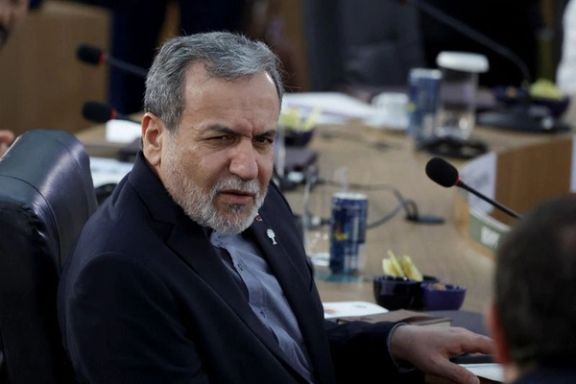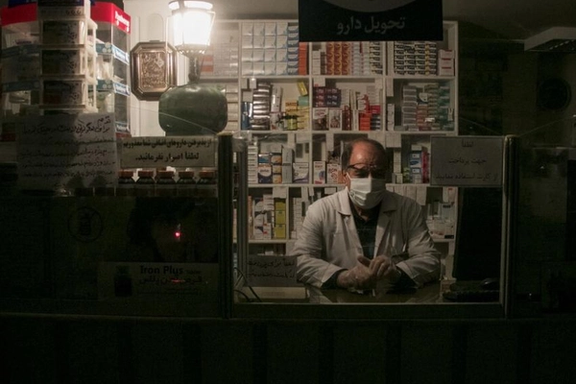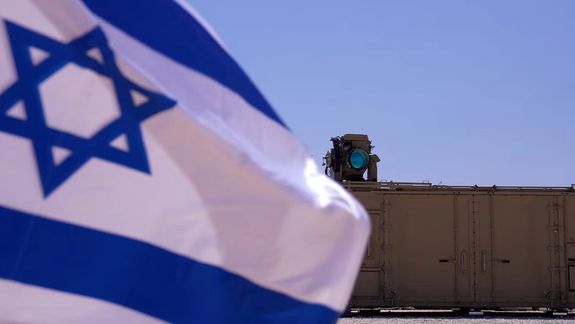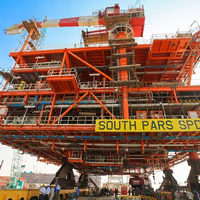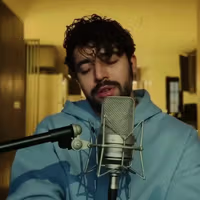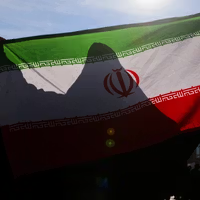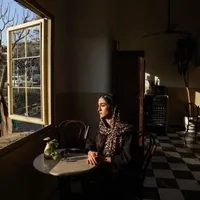In a display of outrage, a poultry farmer dumped dead chickens in front of the Electric Distribution Management Center in Kohgiluyeh and Boyer-Ahmad province, blaming the power outage for their deaths.
"Since this morning, there has been no electricity. At least inform us so we can use generators," the farmer says.
A baker also posted a video showing spoiled bread dough, saying that three separate outages in a single day caused the dough to go bad, forcing him to throw it all away.
A construction worker shared footage of cement bags hanging midair on a stalled hoist, explaining that the outage had brought their work to a halt.
"It’s been less than an hour since we started, and already we can’t continue. We can’t access the cement, and the entire operation is stopped — not just for us but for others too," he said in the video.
Sanctions, age and mismanagement have taxed Iran's energy infrastructure, and the country has long faced blackouts especially in summer months when water and electricity demand surge.
However, conditions appear to have worsened following the 12-day war with Israel, with Iranians reporting more frequent and severe blackouts.
Businesses and services are also struggling, with one factory worker filmed a halted production line saying: "We can’t do anything — there’s no electricity."
In another video, a shop in the Tabriz bazaar was shown operating on a generator during an outage.
Disrupted daily life
The blackouts are affecting not only businesses but also social and domestic life.
A student filmed herself using a kettle heated on a gas burner to iron her scarf, saying, "There’s no electricity, but since we still have gas, we find ways to manage."
"It’s 2025 — while most countries have stable electricity, I’m heating a kettle to iron my scarf before heading to university," she added ruefully.
Another video from the city of Ahvaz shows a man standing in 122-degree heat, complaining about the power outage and turning on a faucet to show that the lack of running water.
A member of the Iran's Electricity Market and Exchange Commission warned that if current trends in electricity supply and consumption continue, Iran will face managed blackouts for at least four more years.
"The total nominal capacity of the national power grid is 94,500 megawatts, but actual production is just over 63,400 megawatts," Ali Shahmohammadi told Shargh daily in June.
"Over the past five years, electricity demand has grown by about 5.5 percent, while power generation capacity has increased by only 2.2 percent up to 2024 — a figure that highlights the severity of the crisis," Shahmohammadi added.
Not even daily commutes to and from affected homes and workplaces provide a respite from the blackouts, with a video from the city of Mashhad showing heavy traffic caused by disabled traffic lights.

